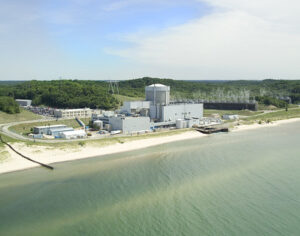For the last week or so, I have been writing about the housing situation in Washtenaw County, and how factors like the Ann Arbor Greenbelt and the lack of housing options have impacted Washtenaw County communities. In Ann Arbor and Ypsilanti, the largest cities here, the problem extends not only to those looking for permanent housing, but also to those in need of rental housing.
Lack of permanent housing creates the ripple effect of tightening the rental market. Equally, conversion of long-term rental housing to short-term rental housing also places pressure on the rental market. Regardless of the driver, rents are rising in Washtenaw County.
Newly released data from the US Census Bureau shows that half of all people who lease living space spend more than 30% of their income on rent each month. The Census Bureau refers to these renters as “burdened.” Rents increased by an average of nearly 4% from 2023, which is more than double the average increase in housing valuation over the same period.
The burden of excessive rent comes at a significant cost to those who cannot find affordable housing. The National Equity Atlas estimated that as of January 2024, nearly 5,000 renters in Washtenaw County were behind on their rent payments. Collectively in Washtenaw County, these renters owe an estimated $8M in back rent. Nearly 48% of these indebted renters live in the City of Ann Arbor and owe more than 56% of the total unpaid rent in Washtenaw County.
Working around Washtenaw County housing costs
The problem of housing affordability is complex, but improving the income potential of persons who rent is one part of a coherent solution. Forcing the lowest-earning households out of the area does not guarantee that higher-earning households will take their place, since the lowest-income households often live in the lowest value housing. These units are unlikely to attract anyone but other burdened renters.
Forcing the lowest earning households out of the area also disrupts the supply of workers and reduces the overall economic potential of the county. That’s why it is necessary for Washtenaw Community College to focus on high-wage, high-demand jobs. It would be a tall order to reset the cost of housing and the market rate for rents, but it is possible to focus on education strategies that can increase household incomes while we also work on ways to increase the inventory of affordable housing.
It is alarming to me that the President of Washtenaw Community College can negotiate herself a $15,000 increase in her housing allowance in recognition of the high cost of housing here yet shows no concern about how WCC students afford housing given the low average income potential of a WCC degree.
Photo Credit: Condos CCSCA, via Flickr



















